Earlier in the year we shared an interview with two of our BSc Biomedical Science students, Suzan and Zoya, regarding their placements at the Manchester Clinical Research Facility. You can read their interview where they discuss the benefits the placement is having on their skills and studies here. As they come to the end of their placement Suzan and Zoya have shared with us the experiences and lessons they have taken away from it.
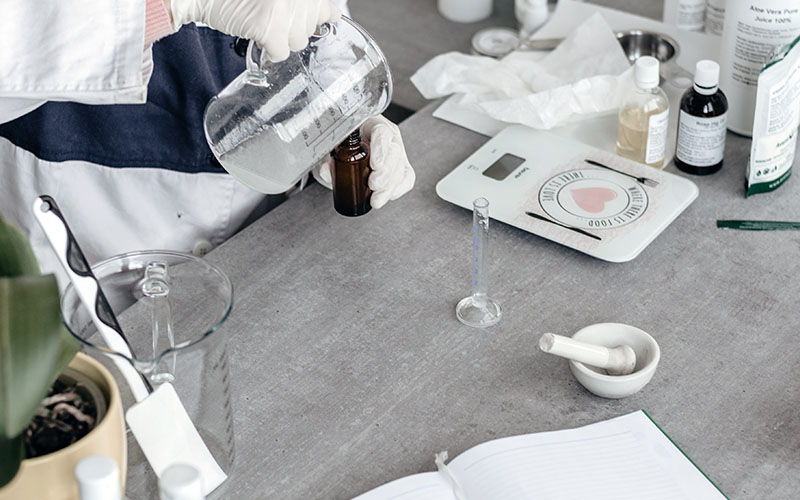
What we have experienced this year
Suzan and Zoya: This year we’ve had the opportunity to experience many new things. This includes venepuncture (the technique used to withdraw blood), communicating with patients, and processing blood samples. We also had the incredible opportunity to present our first author scientific posters at the UKCRFN Annual Conference. Prior to this placement we’d never have dreamed this would be possible as undergraduates.
The benefits of our placement
Zoya: Before this year I wanted to work in the laboratory. However, I have enjoyed the clinical aspect a lot and being able to work with different patients. In the future, I would like to go into clinical research.
Suzan: Through this CRF placement I now appreciate the steps associated with the setup of clinical studies and relevant ethical practices that guide professionals when undertaking research activities, including patient safety via anonymity. I‘ve gained a vast knowledge about the burden of respiratory diseases, the role of genetic and molecular studies within this field and the thought processes that occur when developing a research study.
Key learnings and understandings
Zoya: This placement has taught me to make use of every opportunity given. At times I felt I was out of my comfort zone. For example, when I was asked to present in front of a large audience or the first time I practiced venepuncture. But with practice I’ve become less nervous; much better at learning new skills and I’ve discovered a new-found confidence in myself.

Tips for others considering a placement
Suzan: When considering your placement it’s good to have an idea of what your career interests are. But, if you don’t, that’s fine as well. A placement year can help you define, refine or expand on them.
Be informed about the organisation you choose to apply to. When you do get the role, be self-confident, have a can-do attitude and don’t be too hard on yourself. Understand that this is a learning curve; don’t be scared to ask for help.
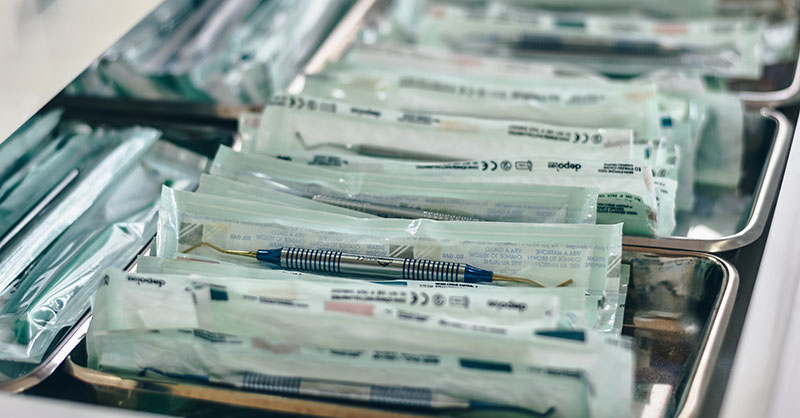
Personal projects and experience
Suzan: The project I’ve been working on is still ongoing, but, I‘m proud to say I’ve had some personal achievements along the way. For example, I identified a new group of potential study participants which would widen the potential for recruitment. That my idea was taken on-board has made me feel that my opinions were valued and increased my confidence.
Also, an abstract arising from my project was submitted by the team for the European Respiratory Society conference and accepted and I am listed as one of the co-authors. The preliminary results for this project have led to the development of a prospective study. The take-home message from this for me is that research gives birth to research and the results collectively contribute to improving healthcare services.
Zoya: My project was a prospective study to investigate whether sputum eosinophilia (the number of eosinophils, white blood cells, present in response to some allergens) was affected by time of day in patients with severe asthma. The aim of this project was to investigate whether the time of day of sputum collection affects sputum eosinophilia (≥3%) in severe asthma patients and whether these results influence the management decisions in the clinic. I have been recruiting patients and processing their sputum samples according to the existing protocol. I have enjoyed planning and preparing to speak to different patients to try to recruit them for my study.
Poster submissions and research conferences
Suzan and Zoya: This year we had the chance to submit our individual scientific abstracts on our research projects and a joint educational abstract for our first blog to the UKCRFN 15th annual conference, ‘Curing the ‘incurable’. We were delighted when these were accepted. This was a huge achievement for us and it was an amazing feeling to be able to present them.
We learnt a lot at the conference and realised how important patient involvement is within research. It was also refreshing to hear how research has evolved over the years and has helped many patients with diseases that had previously been seen to be incurable lead a better life.
We were also able to submit and present our individual scientific posters on our allocated projects at the Nursing, Midwifery & Allied Health Professional (NMAHP) conference. This has all been a huge honour for us and is something we had never imagined we’d achieve as students.
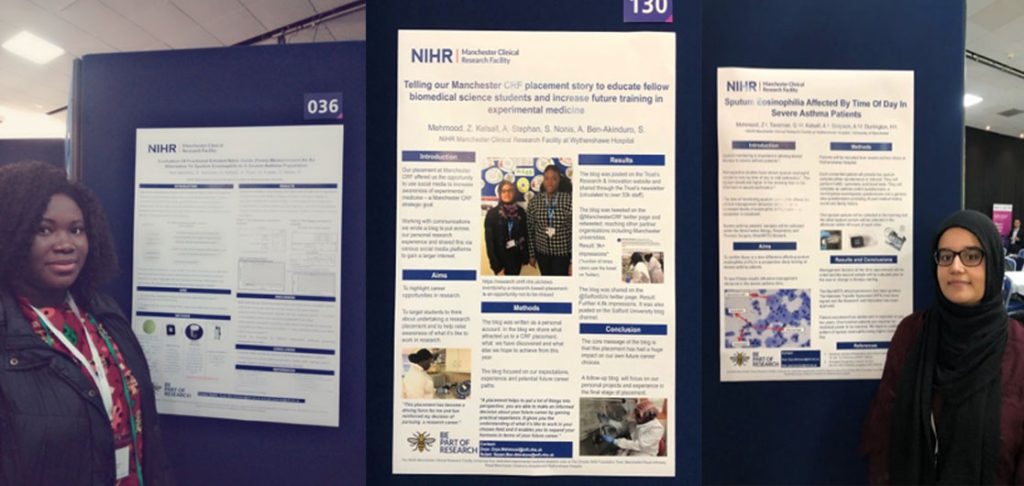
Our placement has been a huge benefit for us. The skills and knowledge we’ve obtained during this year will always stay with us. We have been able to make the most of rare opportunities and are now in a better position to make informed decisions about our future careers.
We are overjoyed that Suzan and Zoya have gained so much from their placements. At the University of Salford we pride ourselves on helping students take on opportunities they had never thought of doing before and building their confidence and skillset in their dream career path. Want to study a similar course to Suzan and Zoya? Have a look at some of our relevant courses below.
⚫ BSc (Hons) Biomedical Science

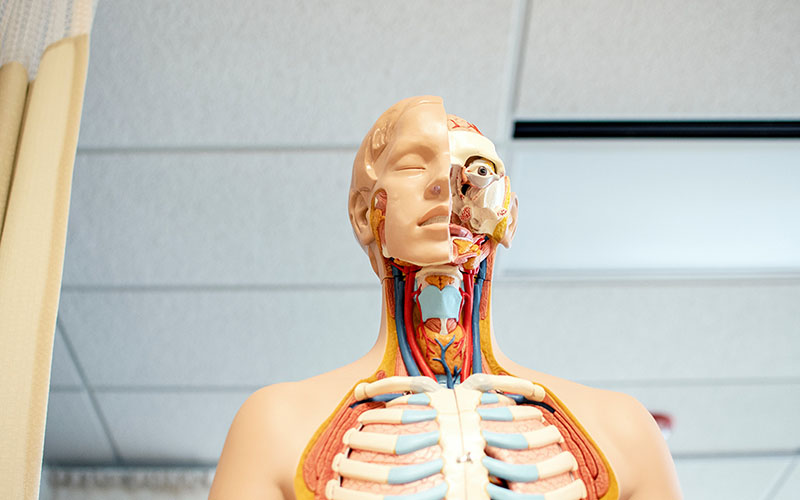
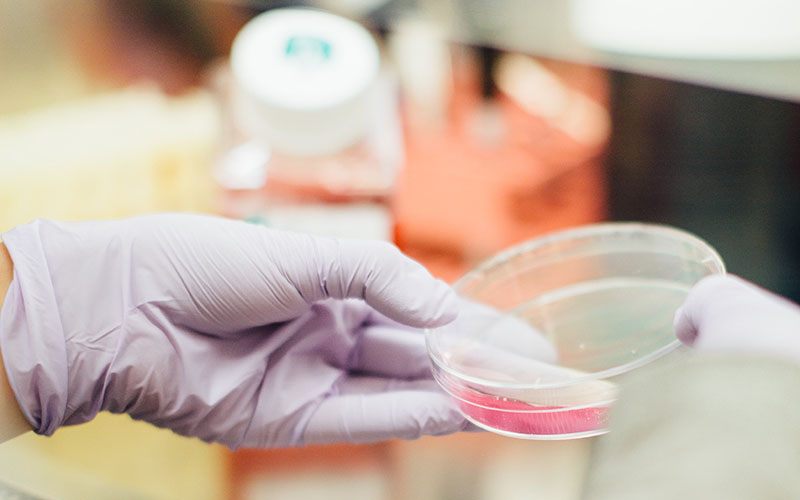





Leave a Reply